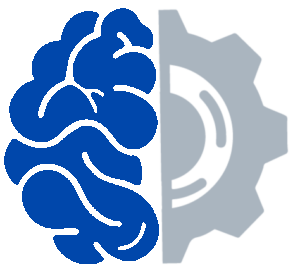Surviving Graduate School, Writing, & ADHD
The Elephant: A Systems Thinking Parable
Personal Update: Australian Adventures
HFES 2017, Austin – Retrospective
I’m fresh back from a long week at the 2017 Human Factors & Ergonomics Society annual meeting.
This was my 6th HFES, and I’m glad to say one of the best ones yet. I enjoyed it much more than last year, largely because I actually saw the conference instead of spending 48 hours competing in the UX Day Guerilla Usability Challenge. As always, I loved every minute visiting Austin, though I saw little of it due to the usual breakneck conference pace.
On a personal level, it did my heart good to see the number of Texas Aggies representing the study chapter and to see us claim our first gold status (Whoop!).
What follows is not an attempt to summarize my entire experience. Instead, I’m providing a snapshot of the most noticeable points and my questions involved. If I have any notable asides, I will make sure to indicate them with blue text. I also want to avoid trying to write entire summary essays, so the format will consist of a loose bullet-point arrangement.
If you’re interested in hearing more from another perspective, please check out the Human Factors Cast bonus episodes for HFES ’17.
6 Reasons Why You’re Not as Rational As You Think
We’re all familiar with the staggering incompetence that human beings can display. It can be frustrating to be an observer to the destructive, clueless behavior of others. The internet abounds with examples of this sort of behavior. It is easy to forget that others must put up with the same shortcomings from ourselves.
The mind is a useful machine and can do a lot of amazing things. There are however, several things that the brain is not very good at. Psychologists Daniel Kahneman and Amos Tversky won the 2002 Nobel Prize in Economics for their work on heuristics, or mental shortcuts, in judgement and decision making. It turns out that our minds are really dedicated to smoothing out the edges and oversimplifying reality.
Here are 6 good examples how.







